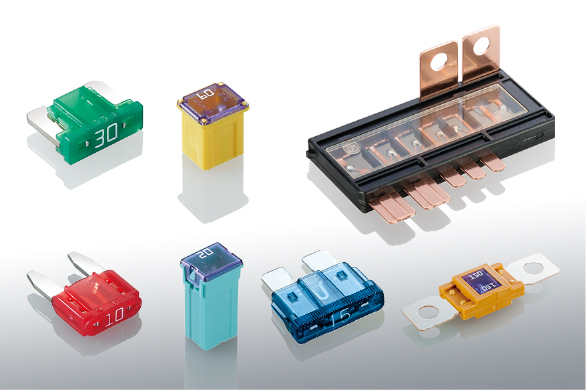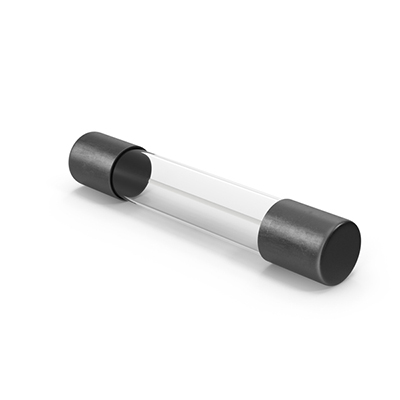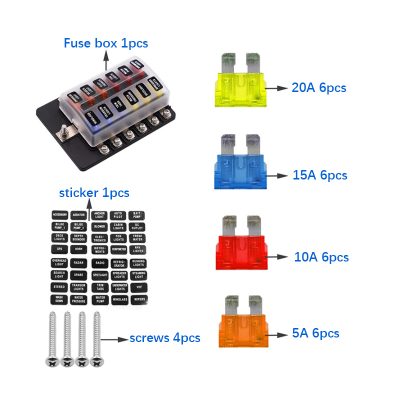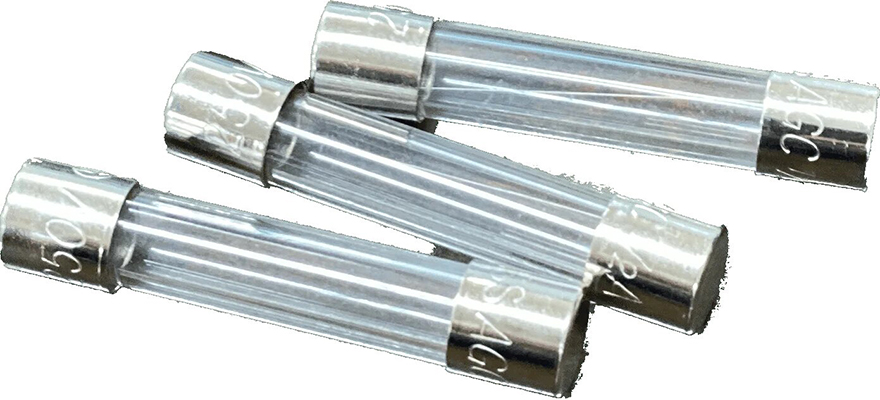Comprehensive Automotive Fuse Replacement Tutorial for Every Vehicle Type
News 2025-10-13
Car fuses are essential components that protect electrical circuits from damage due to overloads or short circuits. In any vehicle, from compact cars to heavy-duty trucks, fuses act as safeguards, preventing fires and ensuring reliable operation. This guide covers replacement procedures for all models, highlighting how proper maintenance can extend vehicle life and enhance safety in daily driving scenarios. By understanding and addressing fuse issues promptly, drivers can avoid costly repairs and maintain optimal performance on the road.

Identifying Common Fuse Types
Car fuses come in various types, each designed for specific applications and voltage ratings. Blade fuses, often found in modern vehicles, are compact and color-coded for easy amperage identification, making them ideal for quick diagnostics in roadside emergencies. Glass tube fuses, common in older models, offer high visibility for inspecting filament integrity. Recognizing these differences is crucial for selecting the correct replacement, ensuring compatibility and performance advantages like reduced risk of electrical failures during long trips or harsh weather conditions.
Step-by-Step Replacement Guide
To replace a fuse, first locate the fuse box, typically under the dashboard or in the engine compartment, using your vehicle’s manual for precision. Use a fuse puller or pliers to remove the blown fuse, identified by a broken filament or discoloration. Insert a matching amperage replacement fuse, avoiding higher ratings to prevent circuit damage. This process, applicable across all vehicle models, emphasizes safety by minimizing downtime and leveraging fuses’ ability to handle peak loads without compromising system integrity.
Frequently Asked Questions
1. What are the signs of a blown fuse?
A blown fuse often shows as a non-functional electrical component, such as lights or radio failing, and can be confirmed by visual inspection for a broken wire inside.
2. Can I replace a fuse with a higher amperage one?
No, using a higher amperage fuse can lead to overheating and potential fire hazards, so always match the original specification.
3. How often should I check my car’s fuses?
Inspect fuses during routine maintenance, such as oil changes, or immediately if electrical issues arise, to ensure ongoing reliability and safety.


